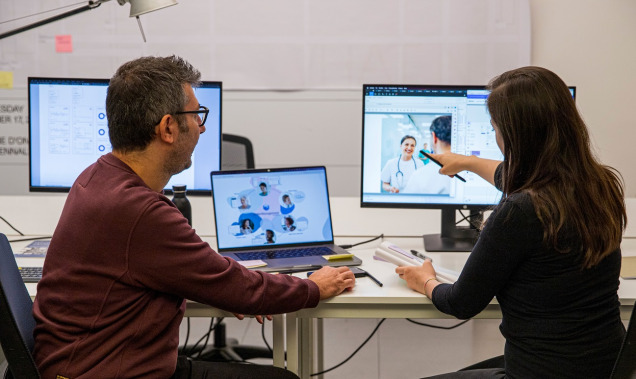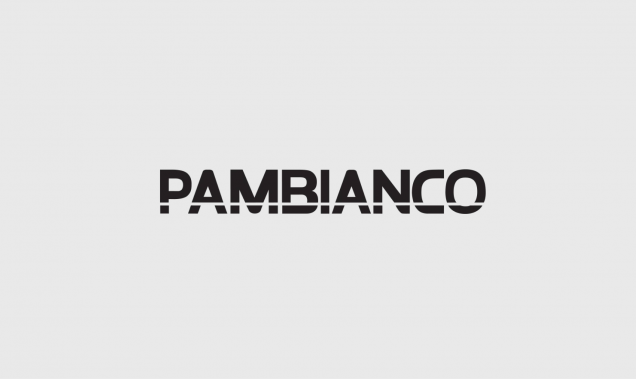On home cooking
How do people relate to home cooking? In this article, Federico Casotto, the manager of our food lab, discusses Masterchef, Michael Pollan and the current attitudes towards preparing meals at home. It’s a bit of a long read – you can also download and read later here.
Carlo Cracco and the marines
5 March 2017: Carlo Cracco leaves Italian Masterchef. The news received appropriate coverage in the national press, which explained the reasons for his choice, primarily the fact he is opening a new restaurant in the Vittorio Emanuele Gallery in Milan, which along with all the others he already runs will no doubt keep such a high-flying chef and businessman busy. For a moment one has the feeling that things are falling back into place and that the inevitable decline in popularity of TV chef’s is nigh, as many have been hoping would be the case ever since the craze started. Then we learn the Cracco will still be on air in Hell’s Kitchen, his other programme, and we realise that this partial withdrawal is purely a publicity stunt designed to heighten passions for him, the others and the cooking torch.
Cracco on TV has always struck me as being totally unsuited to the role of ruthless judge and trainer they have assigned to him. His rageless rants are unconvincing and his motivational drivel is pronounced in the same hieratic monotone typical of altar boys reading Saint Paul’s letter to the Corinthians. Perhaps his success and the fondness he manages to inspire even in many who criticise the format is due to the very fact that we don’t ultimately believe in his nastiness and suspect that a lamb’s countenance is hidden behind his tough guy routine?
The nasty chef is a key element to the success of the Masterchef, and even more so, for Hell’s Kitchen. Through this peculiar behaviour which necessarily veers towards the spectacular within a television context he thus reasserts his superiority over the apprentices and expects their total submission to his word. This totally unbalanced power relationship does actually match the real world even beyond the reality show. In a real professional kitchen, the top chef holds the kind of absolute power that can often reveal itself through despotic and oppressive attitudes without it causing an outrage. He is at the summit of a very strict hierarchy on which the efficiency of the team depends, and which must guarantee very high standards even during the critical moments of the shift, when orders are piling in and every dish must nevertheless be perfect and reach the table at the right temperature, along with all the dishes that have been ordered at that table. All this multiplied by 10 or 20 tables. A nightmare, one has to admit, which requires strong discipline and undisputed leadership.
The intent of showing the true toughness of a cook’s job, only partially explains the plates flung against the walls, swearing, humiliations, and dishes being sadistically scraped into a waste bin. The idea behind this excess of emotional outbursts is that the training for those who wish to excel in any field must involve overcoming a whole range of psychological obstacles that include the oppression of a cruel instructor, who means to test the student’s motivation and mould their characters. It’s a typical theme of many Hollywood movies, from Soldier Jane to Whiplash, and at times during Hell’s Kitchen, we get the feeling the same cliché is at work as in the film sequences of the training for marines. It’s when the chef lays into his unfortunate victim, publicly humiliating him as the minion screams back “Yes, chef!”, standing to attention and without lowering his gaze, as a sign of virile and grateful self-denial. Waves of testosterone, which produce an alienated form of comedy, because in the end it’s not about facing enemy fire, it’s more about roasting, flambéing and at worst scorching.
The pleasure of doing, the fun of manipulating food, the emotional aspects of preparing a meal, have no place in these programmes. Any joy is only linked to the positive outcome of the difficult challenge and the approval of the leader and master. More relief than joy actually, after the competitive tension, the pressure to perform or the fear of the verdict.
The act of cooking is in these cases ultimately presented as a test of skill, character and discipline, something that only a select, highly talented and skilled elite can hope to achieve and which in its efforts to forsake any amateurish inclination, finally rejects all delight.
The Pollan’s paradox
In an excellent book entitled Cooked, Michael Pollan, one of the most relevant writers to have reflected around the main issues in the current food production and consumption, takes the exact opposite approach to Master Chef. He asks us instead to recognise the value of amateurism and enjoyment in the kitchen and explains very convincingly why we should go back to preparing and cooking the food we eat and stop relying on food industry or catering specialists. Michael Pollan feels it’s absurd that home cooking should be turned into such a spectacle by the media, right when we are increasingly removing it from our everyday lives. While we have given up cooking for ourselves, we spend a great deal of time watching others cook. What’s fascinating, according to Pollan, is the magical nature of the transformations that are performed and the skill of those who with knowing gestures are capable of obtaining something highly desirable from the raw materials: béchamel sauce from flour and milk, a tender and juicy pot roast from a fibrous piece of meat or a delicacy made of an unlikely combination of ingredients.
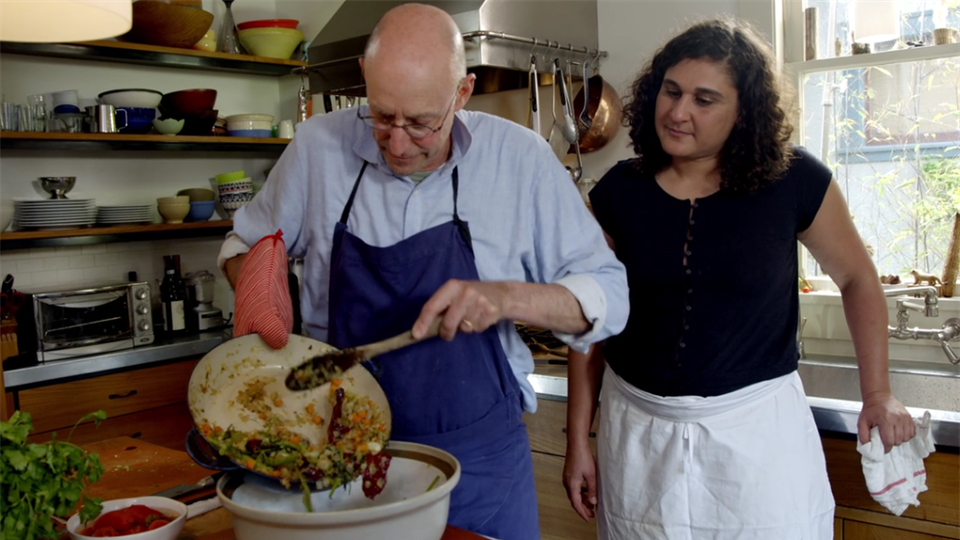
The enthusiastic spectator who does not actually practice the art should actually not be much of a surprise and is hardly paradoxical. The same happens in many other fields, such as football and music. The paradox hinges on the fact that for the most part cooking programmes are more or less explicitly supposed to transfer a skill set to the people watching. The non-practicing spectator of these programmes is thus engaged by watching someone explaining how to do something he has no intention of doing. That’s the strange bit. It’s somehow like reading the instructions to build an Ikea bookshelf without going ahead and building it and getting all one’s satisfaction from just reading the booklet. A recipe, much like the manual, is an action program and the main reason for its existence is the action of which it is a program. Yet we spend time in raptures watching Benedetta Parodi showing how to make asparagus lasagne even though we have no immediate intention of cooking anything of sort and probably never will. Why?
Among the explanations I’d suggest for this bizarre behaviour – many of which relate to the difference between asparagus lasagne and a Billy bookshelf – there’s one I’d like to point out: when we understand, or think we’ve understood a recipe, we feel we have acquired a new skill and have expanded the range of things we could do if we wanted to create a moment of shared enjoyment. This expansion of our know-how and opportunities triggers a moment of euphoria of its own accord and can lead us to fantasize over the opportunities we may have to make people happy and the appreciation we would earn. The euphoric effect is all the stronger the more we feel the recipe is within our bounds. That’s why Parodi and Jamie Oliver’s recipes are such favourites. A long, complicated recipe that calls for ingredients that are hard to source, would not stimulate the imagination of us occasional, lazy or just simply pragmatic cooks. We’d just flip the page or change channel.
Master Chef and foodies
Unlike Benedetta Parodi’s spectators, people watching Master Chef are not taught the recipes. The aspiring chefs that prepare the very elaborate dishes in the short time granted by the programme are too busy negotiating the test to explain what they’re doing. Master Chef, which is a talent show, only shows the talent at work but doesn’t want the result to be accessible to anyone, otherwise it would debase that talent. Displays of exceptional talent must always be awe inspiring, especially when approved by such severe judges. Therefore, when we watch Master Chef, we don’t in any way feel empowered to do what we see others doing: the level is too high. We can hardly imagine ourselves attempting to make the cod in its own cooking oil we saw Valerio Braschi make in the process of winning the 2016 edition, with Peruvian corn on the cob toasted under the flame of the ubiquitous cooking torch and cod skin dried in the oven for two hours at 75 °C.
Those that believe they are ready for such a challenge are a minority. They are the same people who when they invite us to dinner serve up, by way of example, pretentious warm aubergine cakes topped off with Parmesan ice cream made with the new ice-cream maker, and tell as they were inspired by Oldani‘s philosophy of the balance of contrasts, in this case hot and cold (Davide Oldani, for those who don’t know, is a famous chef). Or the young, enticed by the popularity of top cooks, who decide to embark on the tough chef’s career, leading to the considerable increase in applications to catering schools that has been recorded in recent years and that many believe to be linked to the programme’s success.
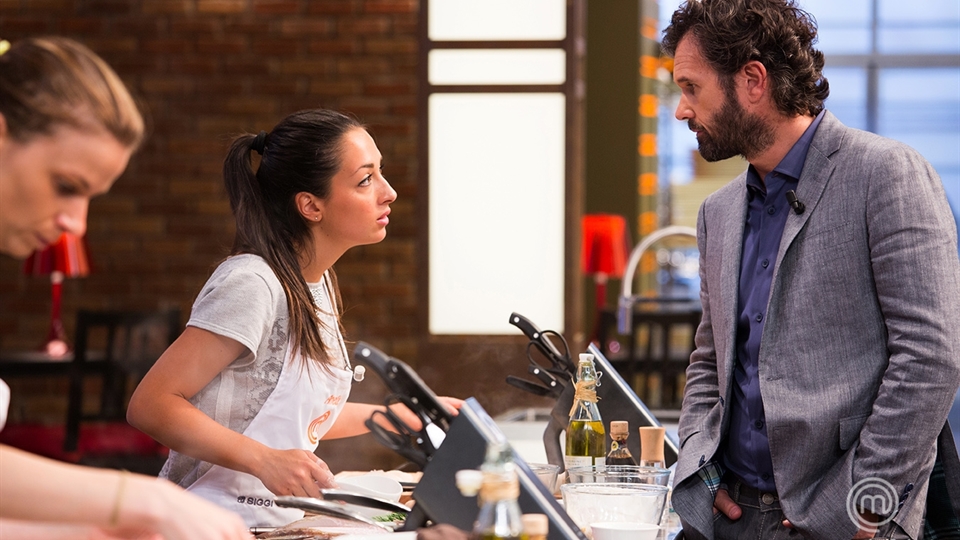
On all the other viewers, I believe Master Chef ends up being inhibiting: if this is what cooking is all about, best to leave it in the hands of those who can and just order in. When Cracco in interviews says that what gives him the greatest satisfaction from his television appearances is “having infected Italians with a passion for food”, he is referring to food prepared by professionals, not what we cook for ourselves at home. This contagion hasn’t spread the healthy habit of cooking good wholesome food for ourselves at home, it has instead fuelled the idea that the act of cooking and the consequential one of eating only make sense when it’s of a certain level, when a proven skill in the preparation meets a heightened capacity to appreciate and discern. Master Chef trains its fans to perform both the roles in this happy conjunction: the cooks on the one hand and their clients on the other.
Many viewers who don’t feel up to the role of chef, will then fall back without misgivings onto the role of expert tasters. Thanks to the popularisation provided by television, the food connoisseur, which at one time could only be expected of the privileged classes, like gout, in recent years has now grown to involve a much broader range of population, swelling the ranks of the so called foodies, those who swirl the white wine in their glass even at the local pub and know where to get the best meatballs in New York.
Pollan’s paradox does not just apply to Master Chef. Between spending hours in front of television stoves and not spending a few minutes in front of our kitchen’s hob there is no contradiction, it’s more about cause and effect: we don’t cook because we watch Master Chef and after having watched it, all we could achieve with our limited ability would be considered insignificant and unworthy of the time we’d spend doing it.
Pollan’s chopped onions
In the previously mentioned book Cooked, to convince us of the opposite, that what we could actually make could be of great value, Michael Pollan tells us how he trained on certain basic techniques, such as barbecue cooking, bread making, pot cooking and fermentation, led by the best experts in the field. For pot cooking, which perhaps is closer to our everyday cooking experience, he sought the advice of a young cook Samin Nosrat who trained at Chez Panisse, the famous restaurant opened by Alice Waters in Berkeley (CA). Pollan spent many Sunday afternoons preparing braised meats and stews and learning how it’s done, in a very industrious and intellectually stimulating context. In the pages he dedicates to these meetings one is however struck by his insistence on the chopped onions and the effort the writer has to put in to reach the standards required of his teacher:
And more often than not, Samin would take one look at the neat piles of chopped onions, carrots, and celery on my cutting board (the height of said piles conforming to the prescribed ratio of 2:1:1) and tell me to rechop them, because my dice wasn’t fine enough.
“In some dishes, a rough dice like that is fine.” I tried not to take offense, but I didn’t think of my neat cubes as “rough” at all. “But in this dish, you don’t necessarily want to be able to see any evidence of the soffritto,” she explained. “You want it to melt away into nothingness, become this invisible layer of deliciousness. So … keep chopping!”
There’s, of course, no comparison with Cracco and partners swearing and gratuitous humiliations, but the narrative idea is similar. The apprentice sweats and cries (owing to the onions) and when he thinks he’s done a good job, the unyielding teacher says no, you have to do better and at that point the apprentice must obey and continue his humble and boring effort which he probably thought was a waste of time and instead helps him to improve his art.
What is surprising is that even a cookbook that sets itself the goal of convincing people to cook, presents the act of cooking as a test of character that involves effort, self-sacrifice and aspiration to perfection. As a matter of fact, the know-how that Pollan wants to master throughout his narrative is the kind of uncommon knowledge that stimulates his curiosity and his intellect. He doesn’t learn to make porridge or grill a steak, he learns to make bread with sourdough, ferment beer, grill half a pig over slow burning fire according to the technique used in North Carolina and, as just described, to cook in a pot as they do at Chez Panisse.
It is thanks to the choice of challenging objectives and the quest for excellence that home cooking, rather than being a boring chore, now for Pollan becomes a stimulating and gratifying activity, capable of offering delight through the pleasure of knowledge, the excitement of experimentation, and the satisfaction of self-production. In this way, besides all the very valid economic, social and health reasons that should convince his readers to cook their own daily food, Pollan adds the promise that one can have fun in the kitchen. A promise, as I see it, that is bound to be disappointed.
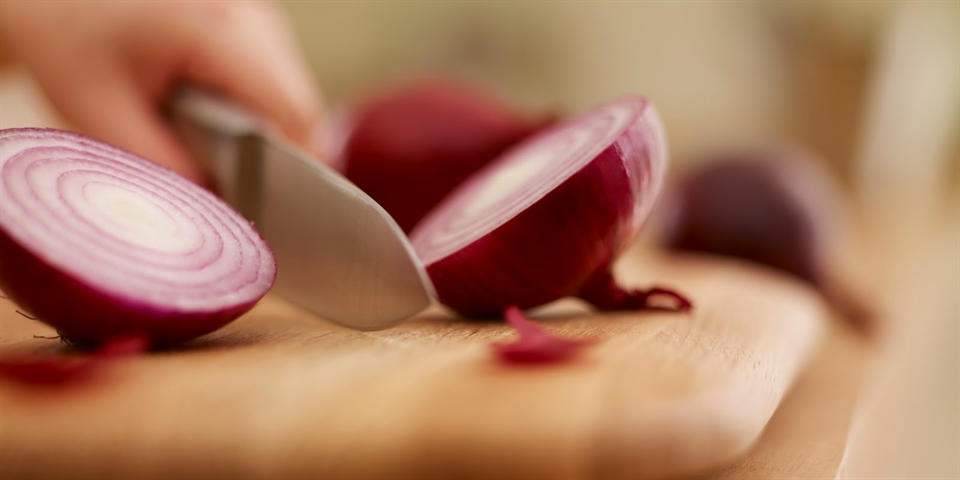
As a person who has accumulated plenty of years of experience, I want to be very clear on this point: the daily cooking routine is a pain in the neck. The delight, when there is any, is always an end result, it’s what one gets when one enjoys what one is eating. My pasta with mussels, and I say so boastfully, is the best I’ve ever eaten and I no longer wish to spend 14 euro for mediocre dishes in this or that restaurant, because for the same money I can feed four people. Then, however, there’s always the pots that need cleaning. The moral strength that allows me to withstand the chore of cooking without complaint, is fed by the benefits I enjoy later, when I realise that I spend a lot less to eat better, that its healthier and makes one’s digestion easier, and that the practice of cooking increases my capacity to give food a value and to protect myself against mystification, or ultimately when someone thanks me or says what they’ve eaten was “smashing!”.
Cooking is easy
Going back to Pollan’s chopped onions, I have a question I want to ask: couldn’t he have chopped them with a kitchen robot, which would have enabled him to deal with the matter in a few minutes and without any adverse side effects? Why does Pollan never mention or take advantage of the small and very efficient household appliances that technology has developed for us? Those that chop, mix, beat and shake. Samin would probably have had a few reservations: the action is too aggressive, it accelerates oxidation, there’s too much liquid released, etc. “One must use a sharp knife. At Chez Panisse we use a knife”. But we’re not at Chez Panisse’s, I’d like to point out, we’re in my home. The stew we are preparing will for the most part be put in the fridge or the freezer and eaten during the week by me and my family and I challenge anyone, aside from Samin, to recognise the mechanical origin of a vegetable base in a blind test, after it’s been gently sautéed for half an hour, simmered for another couple and kept in the freezer for a few days. It’s this orthodoxy that at times gets in our way, the idea there is only one correct way of doing things and that the best way is the most laborious.
I have some news for you: risotto can be cooked without broth, just water (provided it’s on the boil); you’re allowed to soften rabbit in a pressure cooker, without any guilty feelings; there’s no need to peel tomatoes to make a sauce, nor does it have to be sieved after cooking, if you then liquidize it with an immersion blender – and tomato skins contain many very exceptional nutrients; potatoes can be boiled in a microwave in just a few minutes; a few courgettes, a peeled onion and a peeled potato can be cooked in a pressure cooker in salted water in just a few minutes provided they’re put in whole. If you then blend them thoroughly with a little olive oil and pepper, you get a soft and delicious creamy mixture, which you can even risk christening “potage aux courgettes”.
Cooking food that one then eats with great enjoyment is actually very easy, if we’re used to doing so or if someone gives us the right tips. This does mean lowering one’s expectations slightly and not aspiring to the levels of Master Chef and Chez Panisse: the divide between acceptable and perfect or between flavourless and sophisticated, is full of good stuff.
This article was originally published in Italian in Doppiozero.


